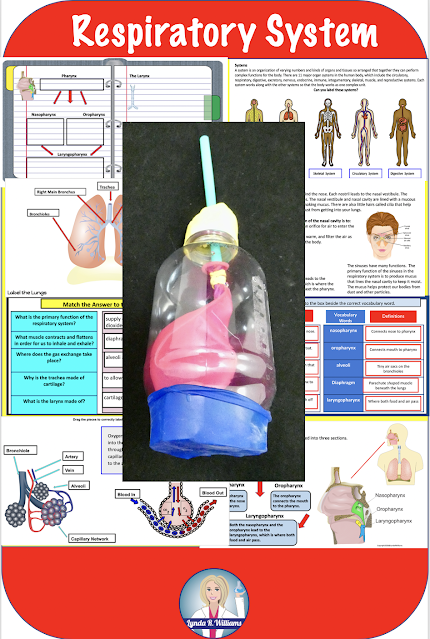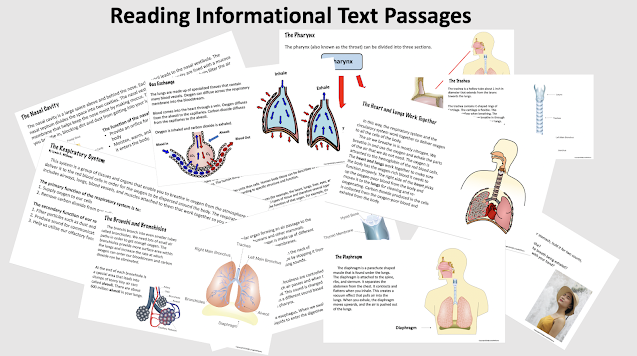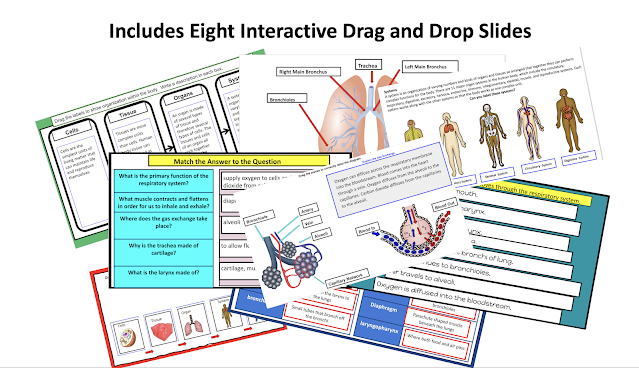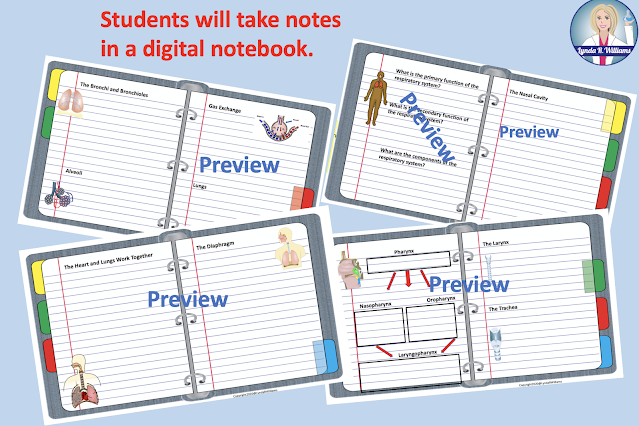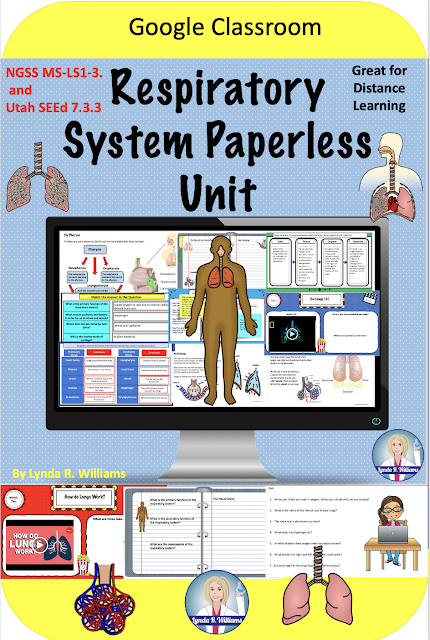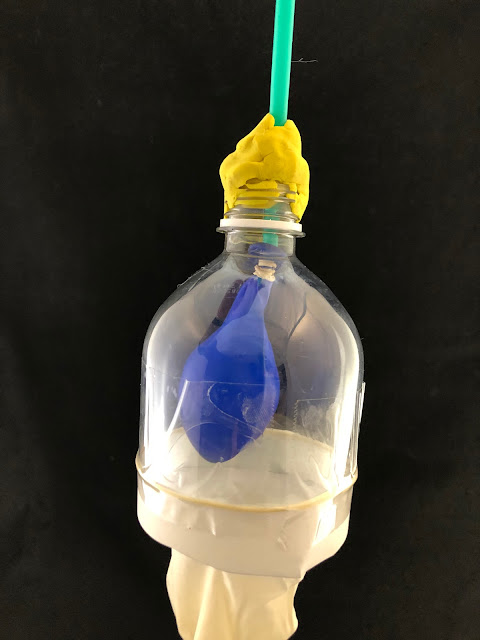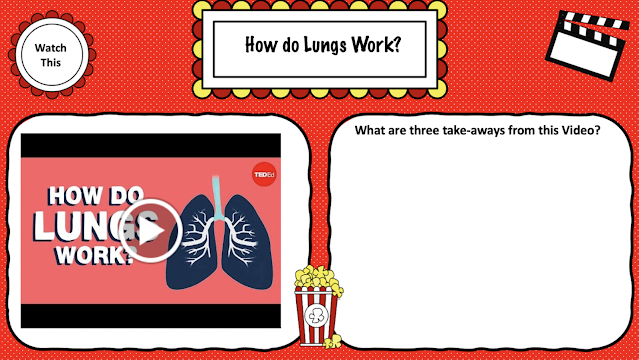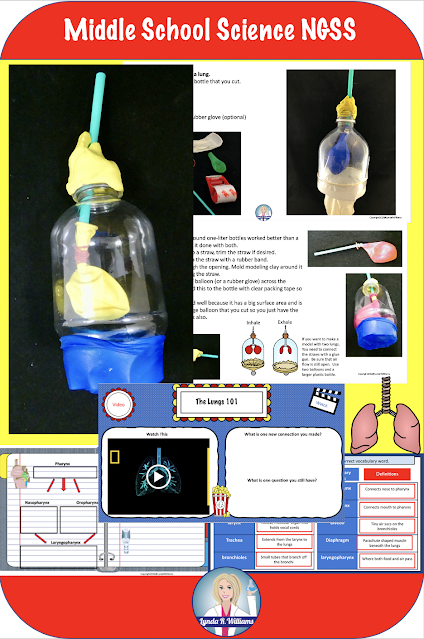Standards Addressed:
NGSS MS-LS1-3.
Use argument supported by evidence for how the body is a system of interacting subsystems composed of groups of cells. [Clarification Statement: Emphasis is on the conceptual understanding that cells form tissues and tissues form organs specialized for particular body functions. Examples could include the interaction of subsystems within a system and the normal functioning of those systems.] [Assessment Boundary: Assessment does not include the mechanism of one body system independent of others. Assessment is limited to the circulatory, excretory, digestive, respiratory, muscular, and nervous systems.]
Utah SEEd 7.3.3 Construct an explanation using evidence to explain how body systems have various levels of organization. Emphasize that cells form tissues, tissues form organs, and organs form systems specialized for particular body functions. Examples could include relationships between the circulatory, excretory, digestive, respiratory, muscular, skeletal, or nervous systems. Specific organ functions will be taught at the high school level. (LS1.A)
Students will begin by reading informational text.
This resource is online in Google Slides with plenty of interactive activities.
Students will take notes.
Students will even make a working model of a lung!
Students will love these engaging activities.
This resource also includes a guided relaxation exercise using diaphragmatic breathing by a licensed psychotherapist (full disclosure: he is my husband and he made this video for the resource and it is geared towards middle school students).
Download the entire unit today! Respiratory System Online Paperless Unit NGSS MS-LS1-3 and Utah SEEd 7.3.3

